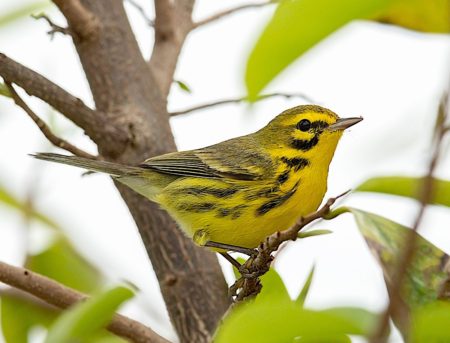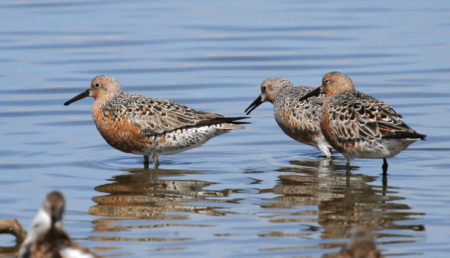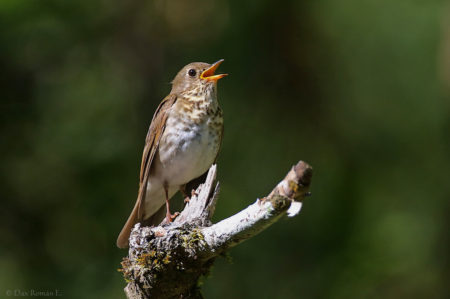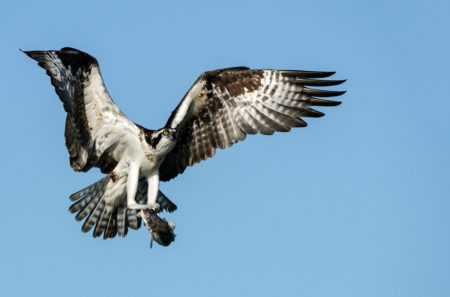BirdsCaribbean is deeply concerned about the proposed changes to the United States Migratory Bird Treaty Act (MBTA). The rule changes will significantly increase the hazard levels for our migratory birds. We are asking you to please take action by signing and sharing the petitions below as soon as possible & by December the 27th at the latest!

BirdsCaribbean, the largest non-governmental conservation organization in the Caribbean, is registering its strong opposition to proposed changes to rules governing the 1918 Migratory Bird Treaty Act (MBTA). In its Final Environmental Impact Statement (EIS) on Regulations Governing the Take of Migratory Birds dated November 2020, the U.S. Department of the Interior claims that the new regulation “would provide legal certainty for the public regarding what actions are prohibited under the MBTA.” In effect, however, it would reduce liability for the accidental “take” of migratory birds by corporate entities such as oil and gas companies, construction firms and the like.
“We are deeply concerned by the persistent efforts to undermine the MBTA, which has protected our birds for well for over a century,” said Executive Director of BirdsCaribbean, Lisa Sorenson. “Many of the 350 migratory bird species that breed in North America and winter further south are already endangered. This proposed action is another setback for the many international conservation organizations such as ours that are working diligently together to protect these species. Scientists, researchers, and governments across the region have been collaborating to create networks such as the Western Hemisphere Shorebird Reserve Network that are critical to the birds’ survival.”

BirdsCaribbean believes that these rule changes will significantly increase the hazard levels for the birds themselves. Migratory birds already have to contend with numerous obstacles, including the growing impacts of climate change and a spectrum of human activities that damage their habitats and cause their deaths, such as oil spills and collisions with infrastructure. They must be protected throughout their annual cycles, including where they breed, overwinter, and stop to refuel during their remarkable journeys.
“Migratory birds are the life and soul of the Americas,” noted Sorenson. “Not only do migratory birds bring diversity and an irreplaceable balance to our ecosystems, they bring happiness to individuals and communities across the region, who look forward to their arrival each year. Whether tiny warblers, birds of prey, or shorebirds, migratory birds are embedded in the cultures—and oftentimes livelihoods—of all the countries they visit. Every year on World Migratory Bird Day we celebrate their unique qualities and recognize the amazing natural phenomenon which is migration, about which there is still so much to learn.”
This is not the first attempt that the U.S. Department of the Interior has attempted to weaken the MBTA rule. The proposed efforts have already been rejected by a federal district court back in December of 2017. However, if successful this time, this change will add to more than 125 environmental policies that have been undermined by the Trump administration, causing untold harm to the environment and bird habitats.
How You Can Help

Please sign and share the action alerts/ petitions below, which will let your state representatives know that you do not agree with weakening the MBTA. (note – you need to be a US resident to participate in the action alerts).
https://abcbirds.org/action/petition-mbta
https://act.audubon.org/a/dont-let-interior-department-gut-migratory-bird-treaty-act
https://www.change.org/p/u-s-fish-and-wildlife-service-help-save-migratory-birds?redirect=false
https://www.defenders.org/protecting-migratory-birds


Let us hope that the Biden administration will be able to reverse this policy.
Indeed, that is our hope Michael!!!